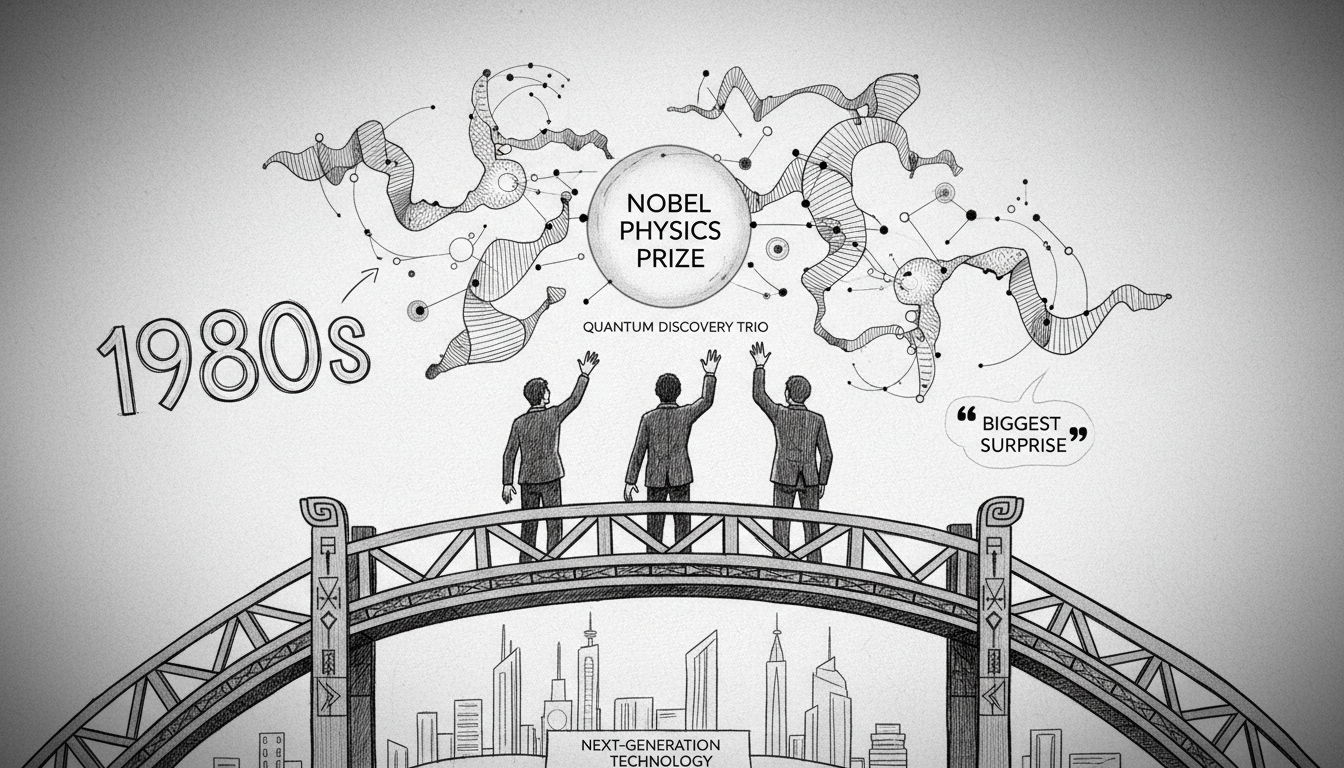Three scientists will share this year's Nobel Prize in Physics. Their discoveries paved the way for next-generation quantum technology. John Clarke, Michel H Devoret and John M Martinis received the award for macro-scale quantum discoveries. They demonstrated quantum mechanical tunneling in larger systems than previously thought possible. Clarke called the recognition 'the biggest surprise of my life' during the announcement. The British-born physicist admitted they never anticipated their work's full impact. The trio conducted their groundbreaking experiments at Berkeley University during the 1980s. Their research focused on energy quantization in electrical circuits. Clarke, born 1942 in Britain, worked alongside French scientist Devoret (born 1953) and American Martinis (born 1958). Quantum computing development owes much to these fundamental discoveries. The Nobel committee continues recognizing foundational work that enables future technological advances. These awards highlight how basic research often yields unexpected practical applications decades later.
🇸🇪 Sweden
12 October 2025 at 21:02
4387 views
TechnologyNobel Physics Prize Honors Quantum Discovery Trio
By Nordics Today •
In brief
Three physicists received the Nobel Prize for quantum discoveries that enable next-generation technology. John Clarke called the award 'the biggest surprise of my life.' Their 1980s research demonstrated quantum effects in larger systems than previously known.
- - Location: Sweden
- - Category: Technology
- - Published: 12 October 2025 at 21:02

Illustration
Advertisement
